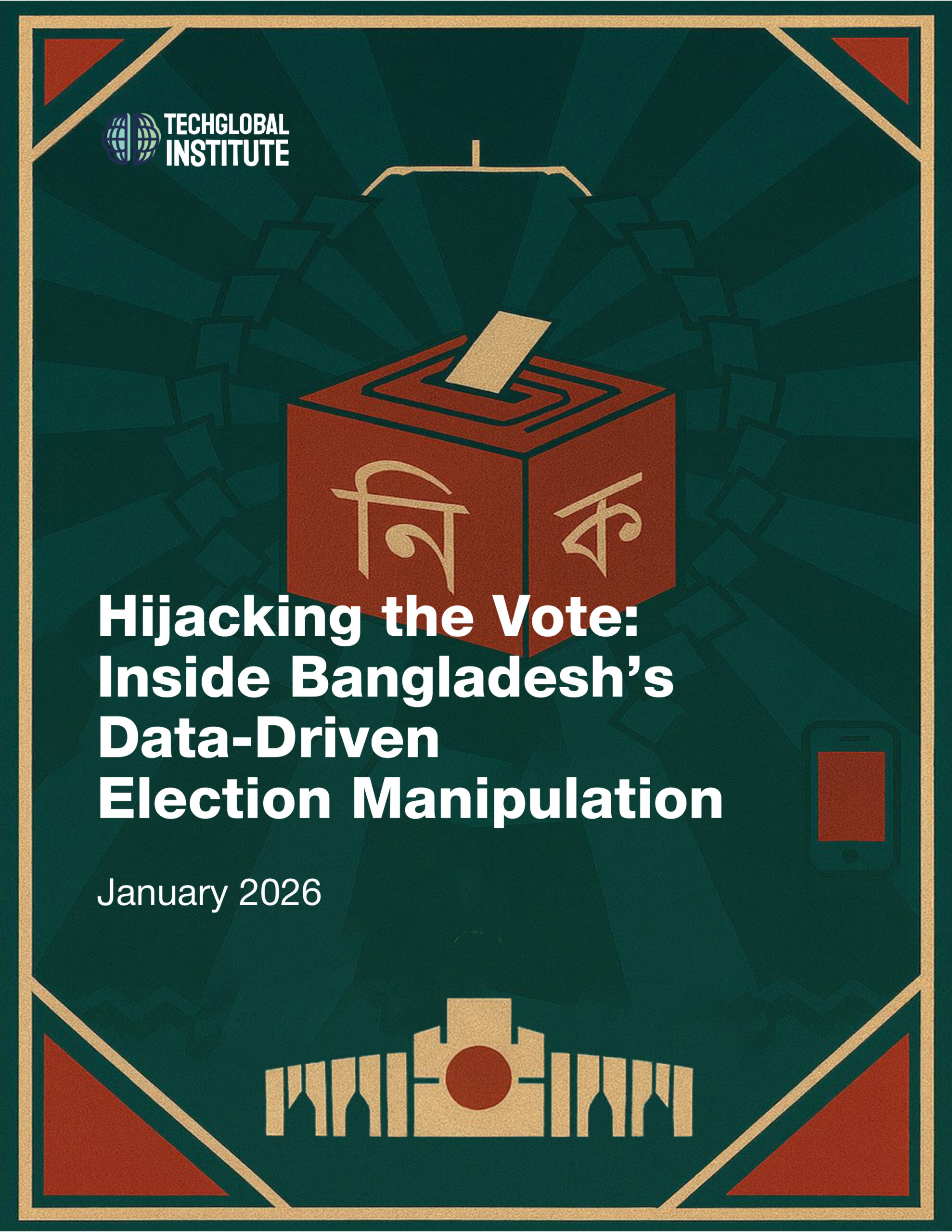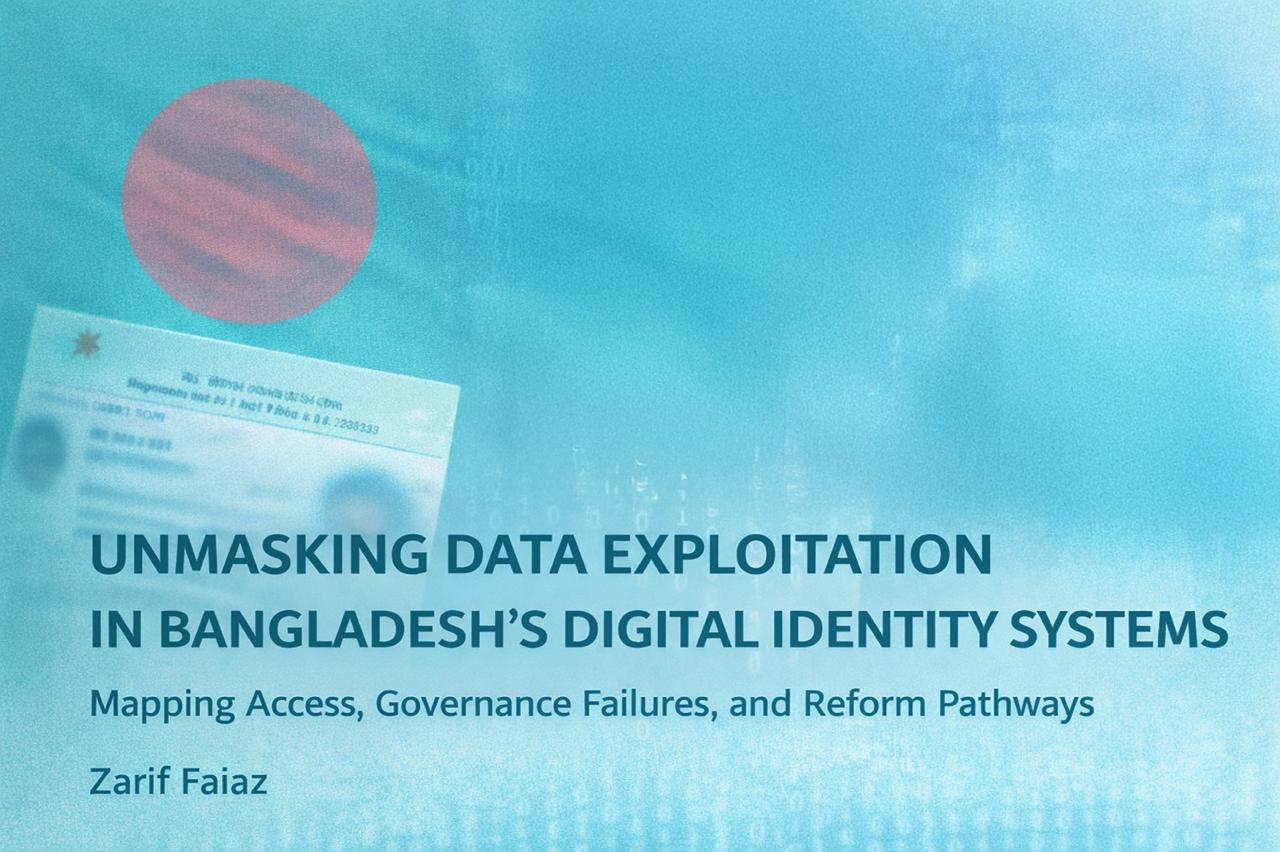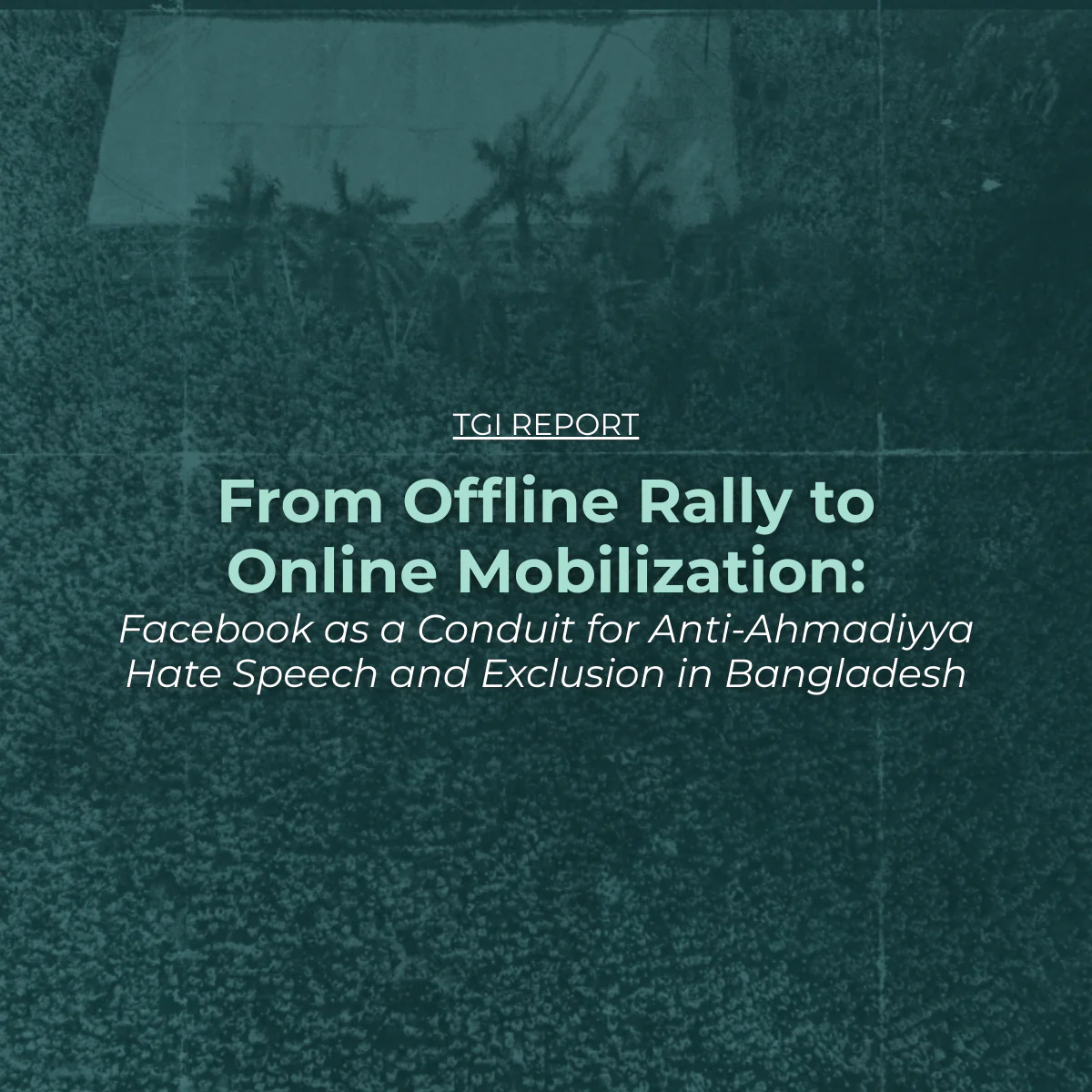Elections represent one of the most critical civic moments for a country. In 2024, over 70 countries held elections, making it the biggest election year in history and a pivotal moment in determining how the world organizes itself around democracy and geopolitics. People went to the polls in countries with a combined population of over 4 billion people, of whom 80 percent are outside the United States (U.S.) and Western Europe.
In recent years, social Internet platforms (also referred to as Internet platforms) have become central to the discussion on democracy. In particular, there is growing debate about their role in influencing political participation, polarization, social conflict, and electoral outcomes. Social media companies have been associated with a range of harms targeting individuals (e.g., harassment of public figures and election officials), groups of people (e.g., incitement of group violence), or society at large (e.g., election misinformation that depresses turnout and has the potential to change election outcomes).
Much of the debate has focused on the U.S., especially in the aftermath of the presidential election in 2016. A relatively smaller portion of evidence-based research explores Internet platforms’ role in non-U.S. democracies. Existing evidence indicates that the majority of the world’s social Internet users live outside of North America and Western Europe: more than 90 percent of Facebook’s 3.9 billion active monthly users live outside of the United States and Canada. Despite these staggering numbers, only 13 percent of Meta’s content moderation resources are directed outside the U.S., which provides evidence of significant levels of inequity in researching, preparing for, and responding to civic events.
To address potential gaps in policies and enforcement, Civil Society Organizations (CSOs) across the Global Majority (also known as the Global South) can play a crucial role in documenting, auditing, and informing the public about harms on Internet platforms including during elections. There are few systematic and holistic frameworks available to CSOs to assess platform response and, subsequently, hold them accountable.
This report aims to fill the gap by:
1. Outlining common harms occurring on Internet platforms (such as harassment and misinformation) that take place during elections;
2. Providing an overview of companies’ rules to address these problems;
3. Explaining how Internet platforms detect and enforce against these problems; and
4. Providing a framework for how CSOs can:
a. assess whether standard platform responses are adequate in addressing risks in their contexts.
b. engage constructively in mitigating these risks (“Election Accountability Assessment Framework”).
An Election Accountability Assessment Framework (EAAF) designed with Global Majority communities in mind is critical for several reasons. First, CSOs across the Global Majority often struggle to engage with Internet platforms constructively, owing to limitations in personnel access, limited research and data, and asymmetries in knowledge and access to resources. Second, existing CSO-led documentation on technology-mediated civic harms tend to lack consistent methodologies that are accessible to the public and usable across geographies, cultures, and contexts. Third, underinvestment in company resources and a smaller number of academic research on platform accountability in Global Majority contexts limits the ability of CSOs to establish evidence-driven, universal advocacy strategies.
The EAAF hopes to address the aforementioned challenges by arming Global Majority communities with a structured playbook to assess Internet platforms’ preparedness and performance during civic events—including elections—while identifying disparities among different platforms in different countries. In sum, it provides a contextually-sensitive baseline to advocate for more accountability and transparency from Internet platforms operating in Global Majority countries.









